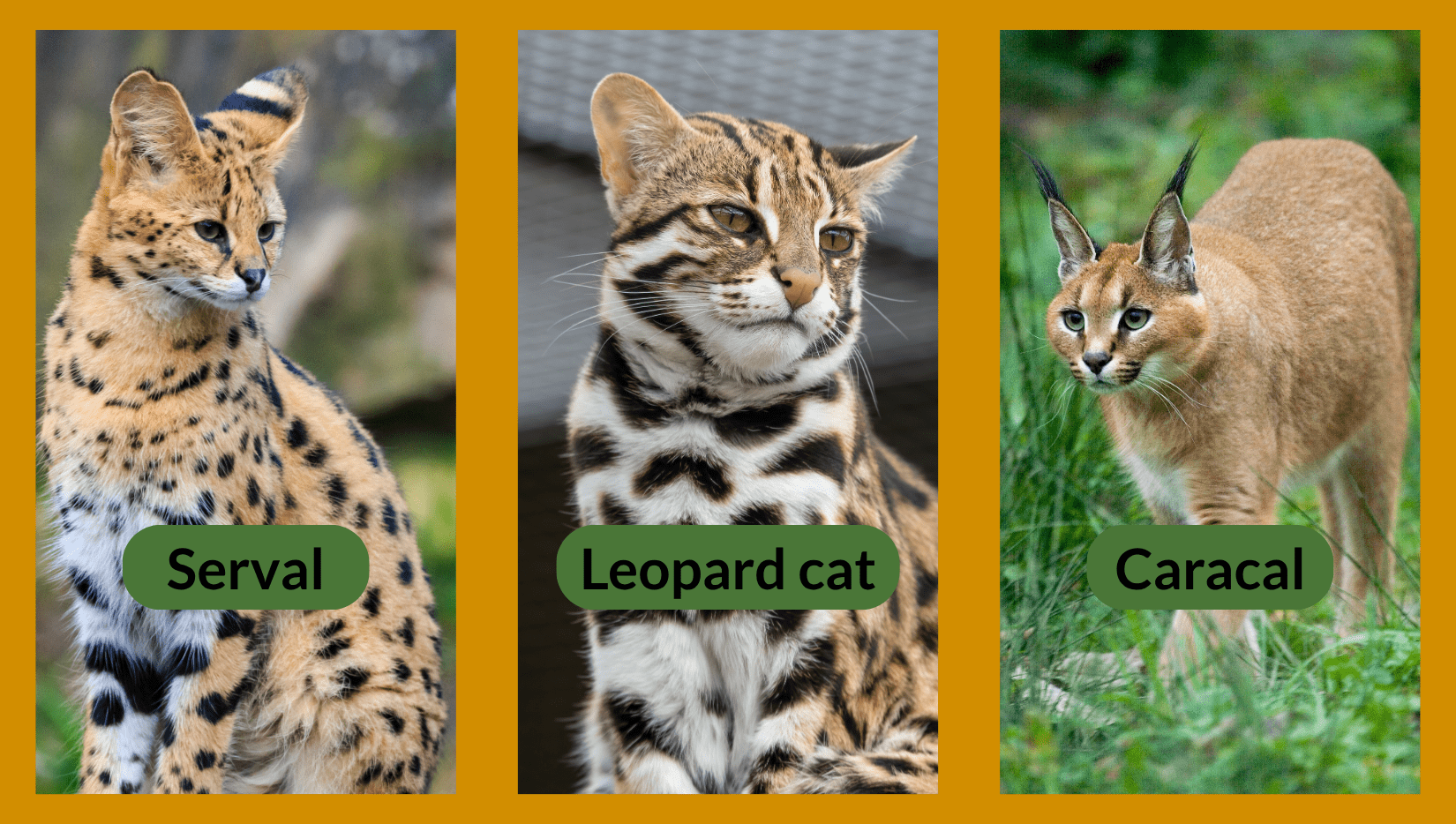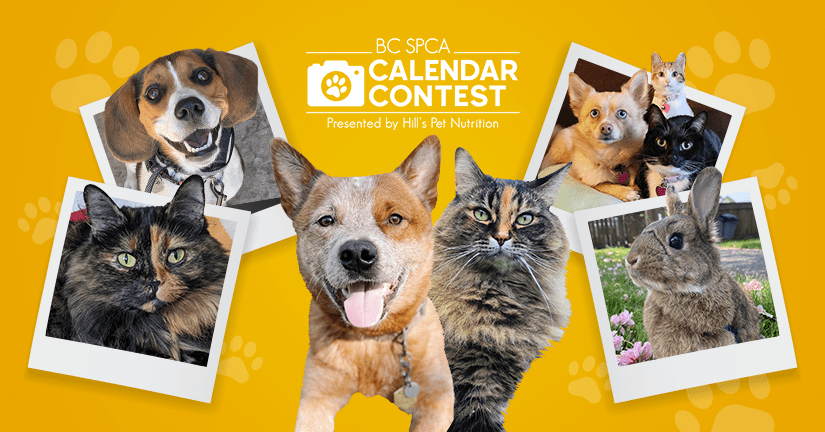The BC SPCA is encouraging British Columbians to share their feedback on the regulation of all exotic cats with the provincial government. These wild cats are not native to British Columbia or Canada, and they suffer when they are bred and kept in captivity and sold for large profits in the pet trade.
For decades, the BC SPCA and concerned British Columbians have advocated for a ban on importing, keeping, breeding, displaying and selling exotic cats. Private ownership and breeding of large exotic cats, like lions and tigers, has been banned under the Controlled Alien Species Regulation for over 15 years. However, other exotic cats like servals, leopard cats and caracals remain legal despite their poor welfare in captivity and the community safety risks they pose.

“After a major cruelty investigation of a serval cat breeder in 2019 highlighted the issues with exotic cat breeding in B.C., we have been patiently waiting for the provincial government to act. Now we need British Columbians to speak up for exotic cats’ welfare” says Dr. Sara Dubois. “Even when bred in captivity, exotic cats retain their wild instincts and needs. It is not possible to provide them with good welfare in captivity as pets. We know many are exploitatively bred and sold for up to, and over, $10,000 per kitten”.
Exotic cats’ strong hunting instincts, and their climbing and jumping ability and need for large territories make them inappropriate as house pets. The size and strength of servals and caracals, who can reach up to 40 pounds in weight, present additional health and safety risks for their guardians and members of the public. It is very difficult to meet exotic cats’ nutritional needs in captivity, and they can suffer from debilitating and painful metabolic bone disease if not provided with a proper diet. Finding a veterinarian who can treat these animals is also challenging.
If exotic cats escape from their guardians or breeders, which happens frequently, they pose a risk to other domestic and wild animals, and members of the community. In 2022, a pair of servals that escaped from a breeder on Vancouver Island killed a neighbour’s domestic cat and several domestic ducks before being captured. Earlier this year, an escaped serval in another Vancouver Island community is suspected to have killed two domestic cats when it was on the loose. Although exotic cats may bond with their owners, their territorial and defensive instincts mean they can act unpredictably, particularly if they feel threatened, stressed or frustrated.
“No one expects a native wild cat like a bobcat or a lynx to make a good pet” notes Dubois, “and these exotic wild cats from Africa, Asia or South America are no different. The novelty of owning a wild animal or the profit that can be made from breeding and selling them does not justify their suffering in captivity or the risk they pose to B.C. communities.”
Tell the Ministry of Water, Land and Resource Stewardship you support the regulation of all exotic cats with our pre-written letter (below) or by sending a personal message to controlledalienspecies@gov.bc.ca.
*Thank you for your interest, but this campaign is now closed. Click here for updates.*
It is important to note that the proposed regulation of exotic cats would not prohibit owning hybrid cats like Bengals and Savannahs, who are created when an exotic cat is bred to a domestic cat. However, the proposed regulation would prohibit the breeding of exotic cats, so the creation of new, first-generation hybrids would not be permitted. Click here to learn more about wild-domestic hybrid cats.
Your voice matters! Together, we can help ensure that all exotic cats are regulated in British Columbia to prevent their suffering and keep our communities safe.

